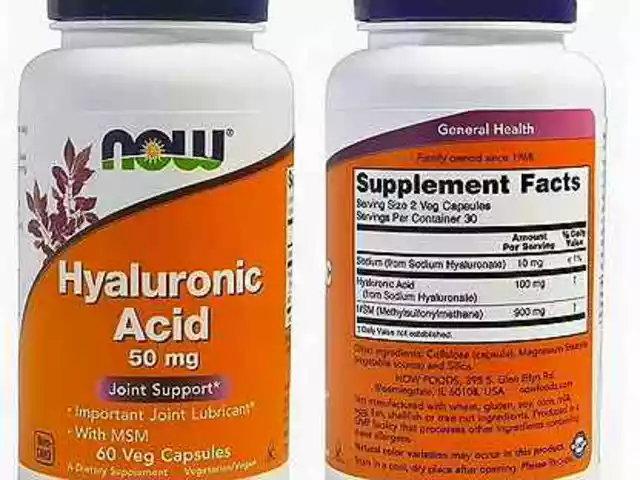Stomach Calming Tea: Natural Blends That Work Fast
Got a queasy stomach? A simple cup of calming tea can ease nausea, reduce gas, and settle digestion without pills. This guide tells you which herbs help, how to brew them right, what to avoid, and quick recipes you can make at home.
Best Ingredients
Ginger eases nausea and speeds gastric emptying. A 1-inch slice or 1 teaspoon grated per cup works well. Peppermint relaxes gut muscles and cuts bloating; use one teaspoon of dried leaves or one teabag. Chamomile soothes inflammation and can help with mild indigestion; steep one teaspoon of flowers. Fennel seeds calm cramps and reduce gas—crush half a teaspoon before steeping. Licorice root can coat the stomach lining and reduce acid-related pain, but keep dosages low and avoid long-term use if you have high blood pressure. Lemon balm adds a pleasant taste and mild anti-spasmodic effects.
Mixing herbs creates balanced effects. For general upset, try ginger + peppermint. For acid-related discomfort, chamomile + licorice works better. For bloating and cramping, choose fennel + peppermint. Use fresh ginger for stronger anti-nausea action; dried herbs are fine for routine use.
How to Brew & Use
Use about one teaspoon of dried herb or one tablespoon of fresh per cup. Pour boiling water over the herb and cover the cup. Steep for 5–10 minutes depending on strength. Longer steeping gives stronger effects but may increase bitterness. Sip slowly — small sips every few minutes often help nausea better than large gulps.
Make a stomach blend: 1 cup water, 1 tsp grated ginger, 1 tsp dried peppermint, and 1/2 tsp crushed fennel. Boil water, add ginger for 3 minutes, then pour over the dried herbs and steep 7 minutes. Strain and drink warm. Add a small spoon of honey if needed for taste.
Drink one to three cups a day for symptom relief. Avoid overdoing licorice root; use it no more than a few times a week unless under medical advice. Pregnant people should avoid large amounts of peppermint and high-dose ginger — check with your provider first. Children need lower doses; use half strength for under-12s and ask a pediatrician if unsure.
Watch for interactions: peppermint can relax the lower esophageal sphincter and worsen reflux for some people. Licorice can interfere with blood pressure meds and diuretics. If you take prescription drugs, ask a pharmacist before using medicinal herbs regularly.
If tea only reduces symptoms temporarily but pain, fever, persistent vomiting, blood in stool, or weight loss appears, see a doctor. Those signs may signal an infection, ulcer, or other condition needing tests and treatment.
Ready-made blends and teabags are convenient—pick brands with clear ingredient lists. If you grow herbs, fresh leaves often taste brighter and work well. Keep it simple, watch dose limits, and let a warm cup calm your stomach without overcomplicating things.
Tip: carry a small tin of crushed fennel or ginger candy for sudden cramps or nausea when you can't brew tea. Works fast, no stove needed.









